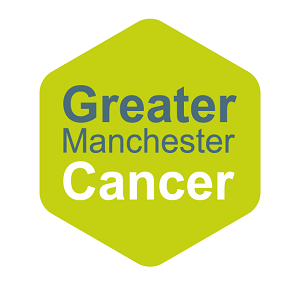As the initial “pilot” phase of Prehab4Cancer drew to a close in 2020, Greater Manchester Cancer required an independent evaluation to confirm and underpin the recurrent funding decision for service delivery. The evaluation needed to establish the impact P4C had on patient outcomes, in addition to pathway and service efficiencies. NHS South, Central and West Commissioning Support Unit (https://www.scwcsu.nhs.uk/) were appointed to carry out the evaluation.
Approach
SCWCSU provided:
- Programme evaluation using a value-based healthcare approach looking at patient outcomes and the impact on resources
- A bespoke dashboard that can be used by P4C and other similar prehab programmes for future service improvement
- The evidence for systems to develop viable business cases to enable the wider integration of prehab and rehab into established clinical pathways
Impact
The evaluation showed that the P4C programme demonstrated a range of benefits to patients, providers, and the GM system.
Download the evaluation report here
Patients experienced fewer post-operative complications and appeared to have a faster recovery back to health. The patient-reported outcome measures data showed significant improvements in physical function measured by the 6-minute walk test and frailty, WHODAS, IPAQ and EQ5D scores.
Headline results for colorectal cancer patients include:
- 1.5-day reduction in hospital length of stay per prehab patient
- 0.4-day reduction in critical care length of stay per prehab patient
For providers this ‘released’ 550 ward bed days and 146 critical care bed days, resulting in an increased capacity that improves patient flow. This contributes significantly to elective care recovery and attainment of cancer performance standards. Bed days ‘released’ from 1000 colorectal prehab patients enables 179 additional patients to access timely surgical pathways.
The release of critical care beds supported both the immediate and longer-term need for GM in continuing to support a considerable number of critically ill COVID-19 patients.
The study showed that prehab appears to have an additional positive effect on patient survival at one-year post-surgery.
The dashboard enables audit into all areas of the programme to develop the service, adopting a continuous quality improvement methodology, ensuring equity of access and best use of resources.
Having carried out our independent evaluation, the report and its conclusions will provide defining insight. This will be useful not just for Greater Manchester but also for other systems that have developed or are considering prehab interventions for cancer and non-cancer patients.





